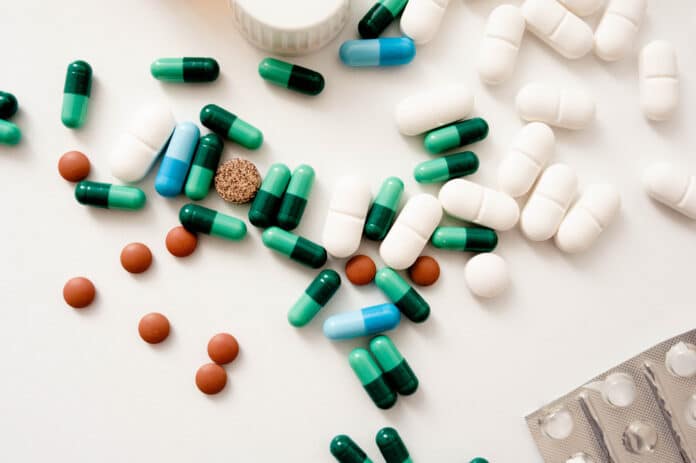
Drugs are good for your body! There’s no doubt about that. However, in some situations, they can have the opposite effect, especially when you’re allergic to them or their side effects are more than their benefits. Below are some of the most significant side effects of medications you shouldn’t ignore.
Memory Loss
Memory loss is common as we age, but it can also be a negative drug side effect.
Nonbenzodiazepine sedative-hypnotics, such as Ambien, Sonata, and Lunesta, is the most well-known group of medications associated with memory loss. There have been cases of people taking these drugs and afterward waking up with no memory of doing things like driving and cooking.
Benzodiazepines, opioids, statins, some seizure meds, and incontinence drugs are a few more medications linked to memory loss.
Hallucinations
When a person has a hallucination, they sense an object or person that is not there. There are many kinds of hallucinations, including those that affect the senses of sight, sound, smell, touch, taste, and general bodily perception.
Numerous psychiatric drugs, including quetiapine (Seroquel), olanzapine (Zyprexa), and haloperidol (Haldol), have been linked to the occurrence of hallucinations.
Chest Pain
Taking certain drugs might lead to irregular heartbeats or even heart palpitations. In addition, you may experience some discomfort in your chest. So, it’s important to get checked out immediately if you’re experiencing chest pain. That way, you can figure out the cause and stop it as soon as possible.
Insomnia
Your physical and mental health may suffer over time if the medications you take make it difficult for you to fall or stay asleep. In addition, you are more likely to develop conditions such as mood swings, diabetes, high blood pressure, weight gain, injuries, and falls.
Jaundice
Hepatitis, or liver inflammation, is an uncommon side effect of taking some drugs excessively. Fever, jaundice (yellowing of the skin), abdominal pain, fatigue, and gastrointestinal issues are all possible symptoms of hepatitis. The condition can cause permanent liver damage if left untreated, necessitating a transplant in rare circumstances.
Rashes
Allergies account for about 5–10% of the most severe adverse medication effects. In most cases, this manifests as a skin rash called hives. Extremely severe allergic reactions can restrict airflow and could be fatal. Stevens-Johnson syndrome and toxic epidermal necrolysis are severe medication reactions characterized by blistering of the lips, eyes, mouth, and genital areas.
Shortness of Breath
Asthma, air sac bleeding, fluid buildup in the lungs, and abs autoimmune disorders that attack lung cells are all lung diseases that drug side effects can trigger. Thus, if you’re gasping, having chest pain from breathing hard, or coughing up blood, you need to see a doctor immediately.
Tinnitus
Sound distortions in the ears, such as ringing, roaring, buzzing, clicking, humming, or hissing, are tinnitus symptoms. It can disrupt your daily life by making it difficult to focus, changing your mood, and keeping you from getting enough rest.
Headaches
Headaches are normal while taking meds, but they must be monitored. Ironically, the leading cause of headaches as side effects are pain relievers. They cause something known as rebound headaches, which can occur if you take pain medication for headaches for an extended time.
Thrush
If a drug causes dry mouth, it increases the risk of plaque, dental caries, and gum disease. Thrush, or oral yeast infection, can cause blisters and chapped lips.


















